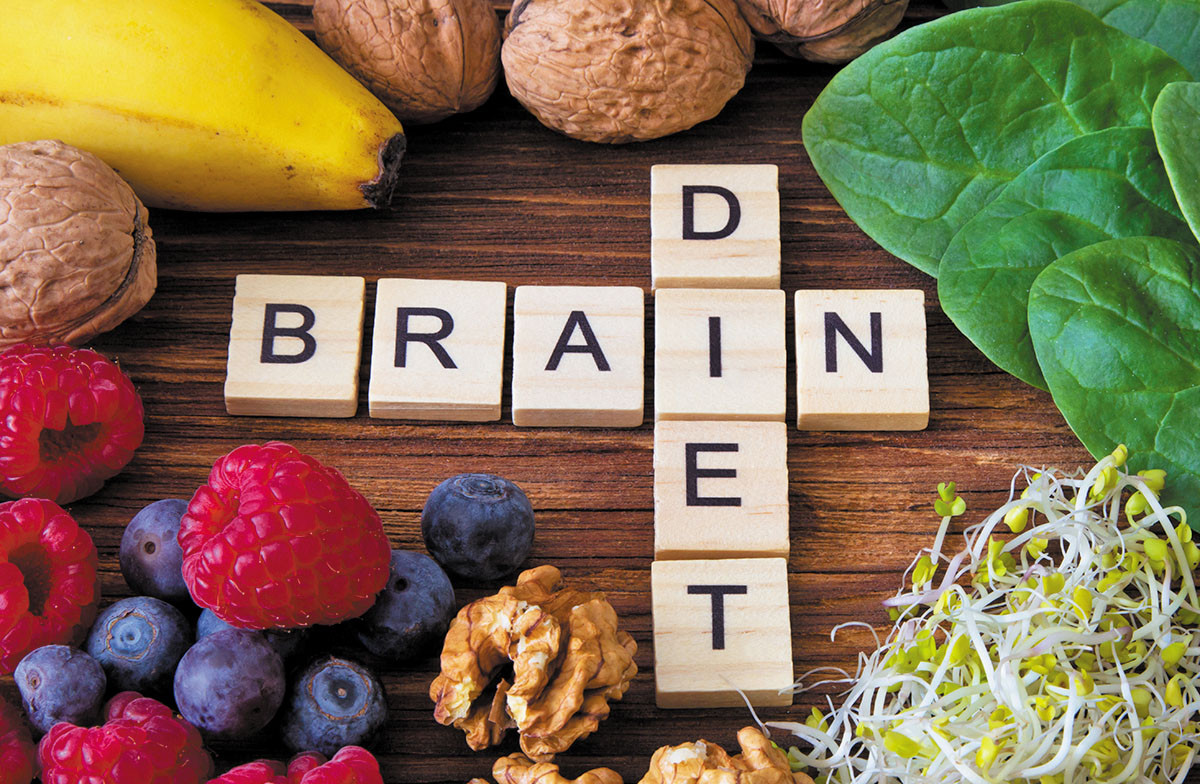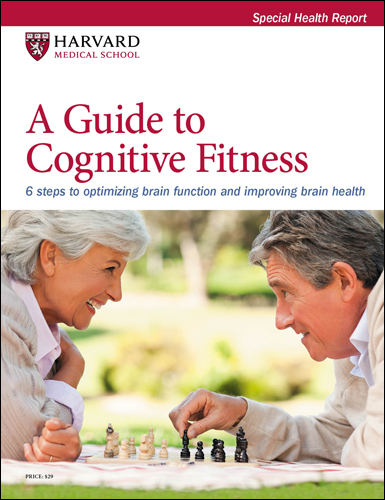Eating ultra-processed foods tied to cognitive decline
News briefs
- Reviewed by Anthony L. Komaroff, MD, Editor in Chief, Harvard Health Letter; Editorial Advisory Board Member, Harvard Health Publishing

Having a hard time giving up ultra-processed ("junk") foods? Those are items like microwaveable dinners, deli meat, white bread, packaged cookies, cheese puffs, and pastries. Perhaps this will help curb your appetite for them: A study published online Dec. 5, 2022, by JAMA Neurology found a link between eating lots of ultra-processed foods and cognitive decline. The study involved almost 11,000 dementia-free people (ages 35 to 74). Participants filled out food questionnaires and periodically underwent cognitive testing that measured memory, word recognition and recall, and other thinking skills. After eight years, scientists found that middle-aged people who ate the most junk food had a faster rate (up to 28%) of cognitive decline, compared with people who ate the least junk food. This is plausible, because we know that a diet rich in ultra-processed foods is associated with increased risks for many chronic diseases, including heart disease and diabetes (which have risk factors similar to those for dementia). So try to cut back on junk food and fill your plate with healthier goodies, such as fruits, vegetables, legumes, whole grains, nuts, seeds, and lean proteins.
Image: © Eziutka/Getty Images
About the Author

Heidi Godman, Executive Editor, Harvard Health Letter
About the Reviewer

Anthony L. Komaroff, MD, Editor in Chief, Harvard Health Letter; Editorial Advisory Board Member, Harvard Health Publishing
Disclaimer:
As a service to our readers, Harvard Health Publishing provides access to our library of archived content. Please note the date of last review or update on all articles.
No content on this site, regardless of date, should ever be used as a substitute for direct medical advice from your doctor or other qualified clinician.
















